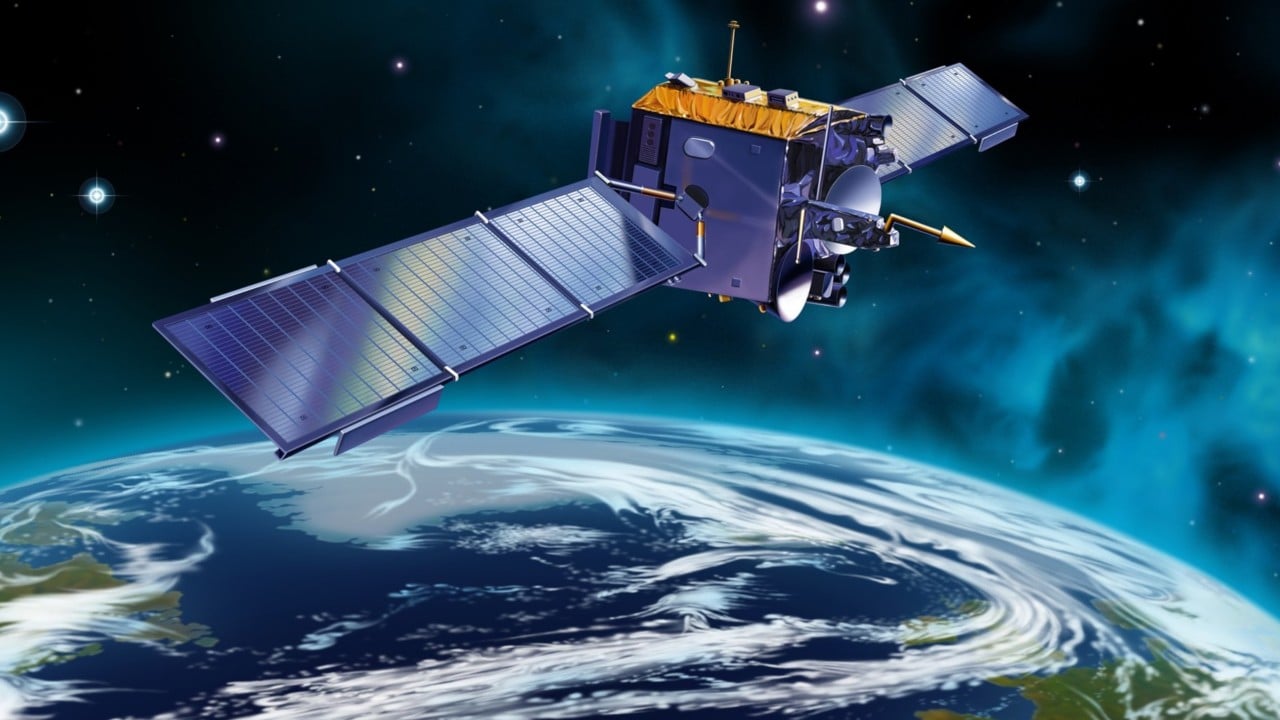China’s quantum satellite could potentially be hacked due to tiny delays between its onboard lasers that could be exploited by eavesdroppers in an attack, a former Russia-based quantum researcher who is now working in Singapore has warned.
Advertisement
The tiny delays could provide “ample opportunities” to hack Micius, the world’s first quantum satellite, whose performance is key to expanding China’s quantum communication network.
Quantum communication is a form of information transfer that relies on quantum physics-based cryptography to encode data in single light particles called photons.
Quantum key distribution (QKD) is one method that relies on exchanging secret keys between two parties used to decrypt the information, which makes it difficult for eavesdroppers to listen in and is theoretically unhackable.
“However, it is widely known that realistic QKD devices can be vulnerable to various types of side-channel attacks that rely on flaws in experimental implementation,” said quantum researcher Alexander Miller in a non-peer-reviewed paper submitted online on May 10.
Advertisement
After analysing data obtained during communication between a ground station and Micius, Miller found time delays between the lasers on the quantum transmitter on board, which showed that the “distribution of quantum keys from Micius was insecure”.

